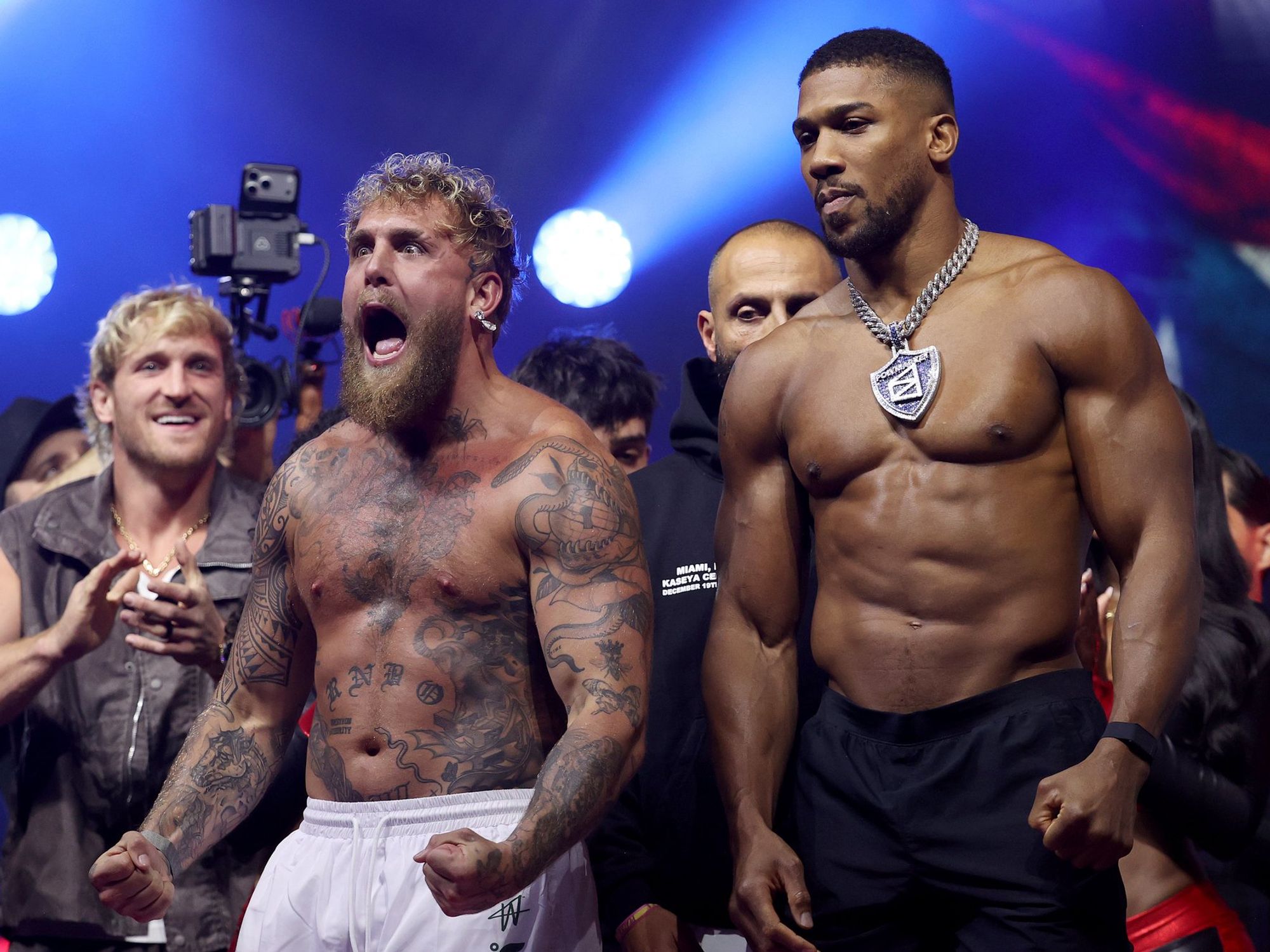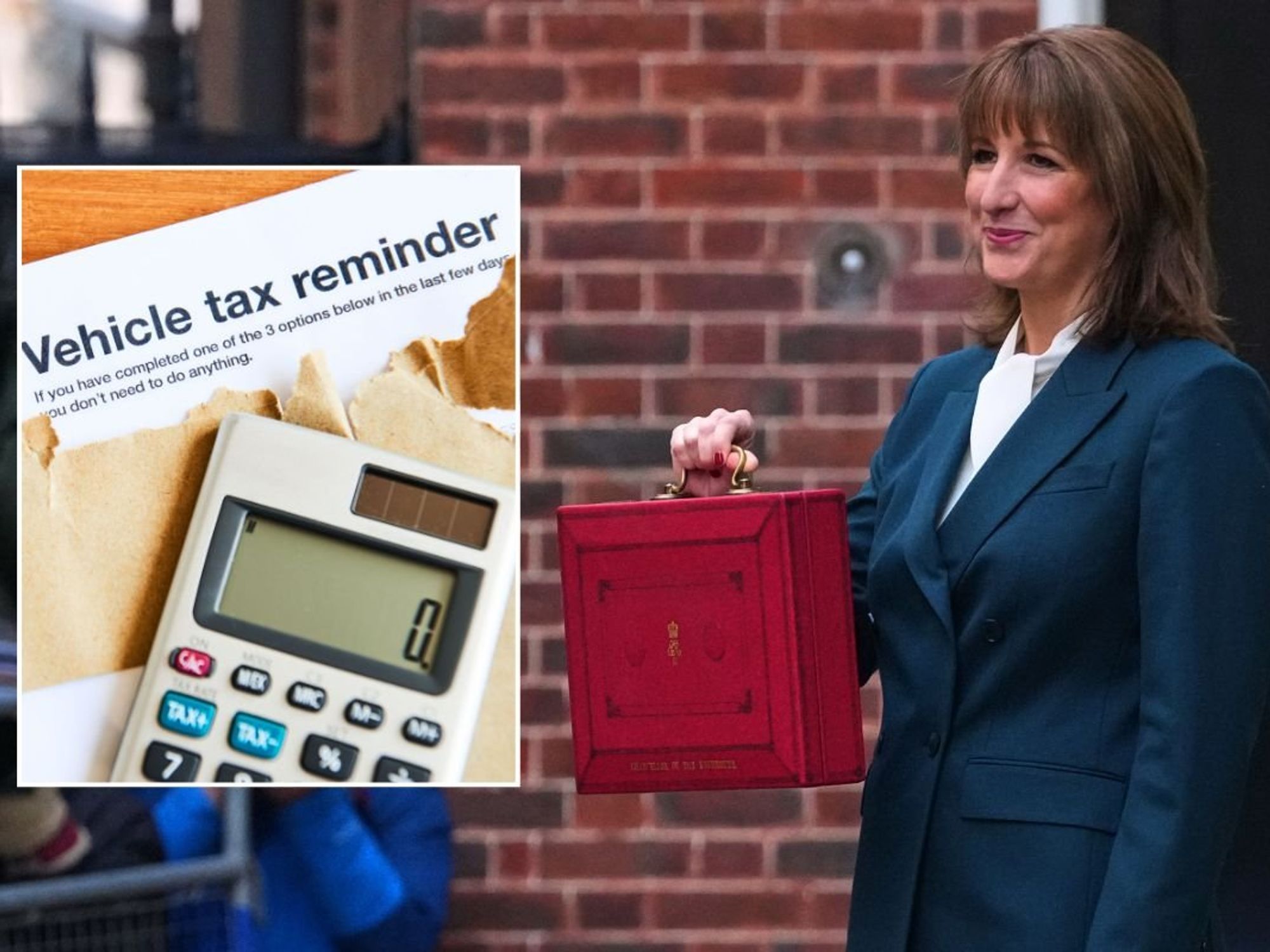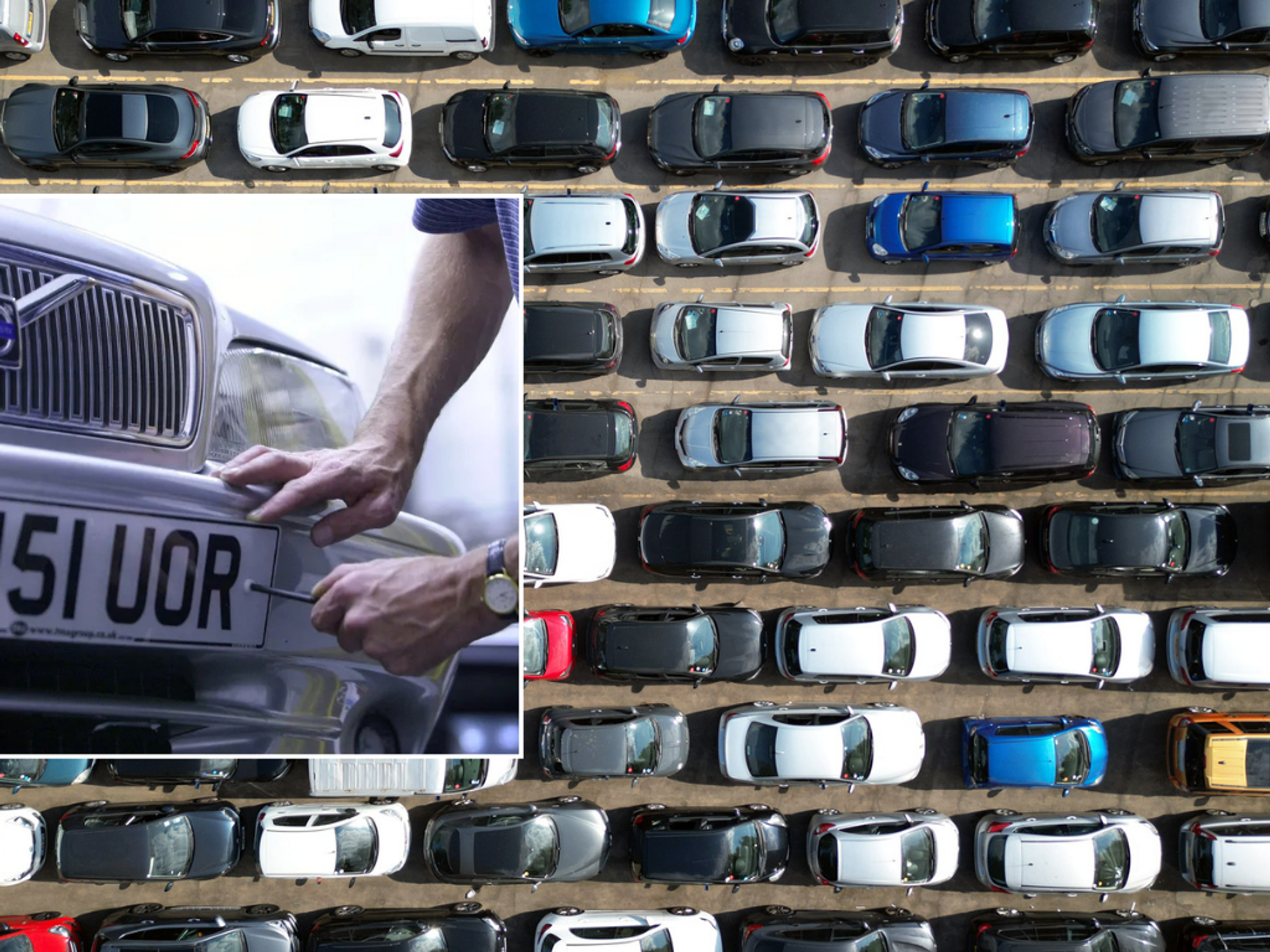Social media ‘terrible’ for mental health in primary schools, pupils say
A poll also found many teachers had noticed an increase in pupils experiencing low self-esteem, anger and depression
Don't Miss
Most Read
Primary school pupils have said social media is “terrible” for their mental health, leading to breakdowns in friendships, arguments and loneliness.
It comes as a poll by children’s mental health charity Place2Be and the National Association of Head Teachers (NAHT) found many teachers have noticed an increase in pupils experiencing low self-esteem, anger and depression.
Year 6 pupils from the Reach Academy in Feltham, west London, said social media and online communication has exacerbated the problem, with the coronavirus pandemic increasing internet and video game use.
Max, 11, told the PA news agency: “It’s terrible. I’m only on it so I can talk to my friends, because you can DM (direct message) people. That’s the only reason I use it.
“Really, it just causes arguments and I really should not be on it. I do hate being on it.”
Max went on to highlight group chats as “horrible”, adding: “I just feel like WhatsApp is just not a good way to communicate.
“Massive class group chats are destined to cause arguments and it does.
“The next day people come to school sad and their friendships will be ruined because of one little petty fight they had on social media that’s going to build up so they’re not talking for a couple of weeks.”
Willow, 10, said of social media use: “It’s horrible, sometimes at play-time people just sit in the corner and get really upset because other people are being rude to them online and they hadn’t done anything to deserve it.”
She said that some young people become “much ruder” online compared to in school.
During lockdown, the pupils said their use of video games went up, with some spending several hours on devices every day, which had an impact on their anger and feelings of isolation.
Esme, 11, said: “In lockdown I was constantly on my Xbox, always playing, and I noticed that it changed my mood a lot.
“I was always angry, I was always frustrated, sad sometimes. But my mum would make me have a break. So once I’d had a break, I’d be much calmer. And I’ve noticed that my anger has gone quite a bit.”
The school, which accommodates children aged from four to 18, has in place a Place2Be counselling service, offering support to pupils.
Francesca Reid, assistant headteacher of pupils up to Year 2, said pupils sometimes share inappropriate material and use bad language on social media groups, with the ages of those accessing platforms “getting younger and younger”.
She said: “I think that we are really aware that our students do not have the emotional intelligence to cope with some of the pressures and issues that arise while on the social media platforms, whether it be viewing explicit content, and not being sure how to manage that situation, not being sure who to speak to, whether they’ve done something wrong and therefore anxiety building around that.
“We’ve had situations where we found out that there’s been online bullying and children have been exposed to that, and again don’t necessarily know the right person to speak to, don’t necessarily know how to engage positively with that, either stopping it in its tracks, or don’t understand the impact of the things that they say in retaliation.
“So I think that there has been anxiety building around friendships because of that.”
Other common themes which staff have noticed are impacting the mental health of children are issues caused by the pandemic, including loneliness, adjusting back to the school routine and family difficulties.
A WhatsApp spokesperson said: “WhatsApp is a private messaging service designed to help people communicate securely with friends and family.
“It has been designed with privacy and safety in mind, which is why you have to have someone’s number to contact them.
“Users can decide who can add them to groups, and we make it easy to block other users or report potential abuse to us. If there is evidence of a user breaking our terms of service we will ban that account.”











